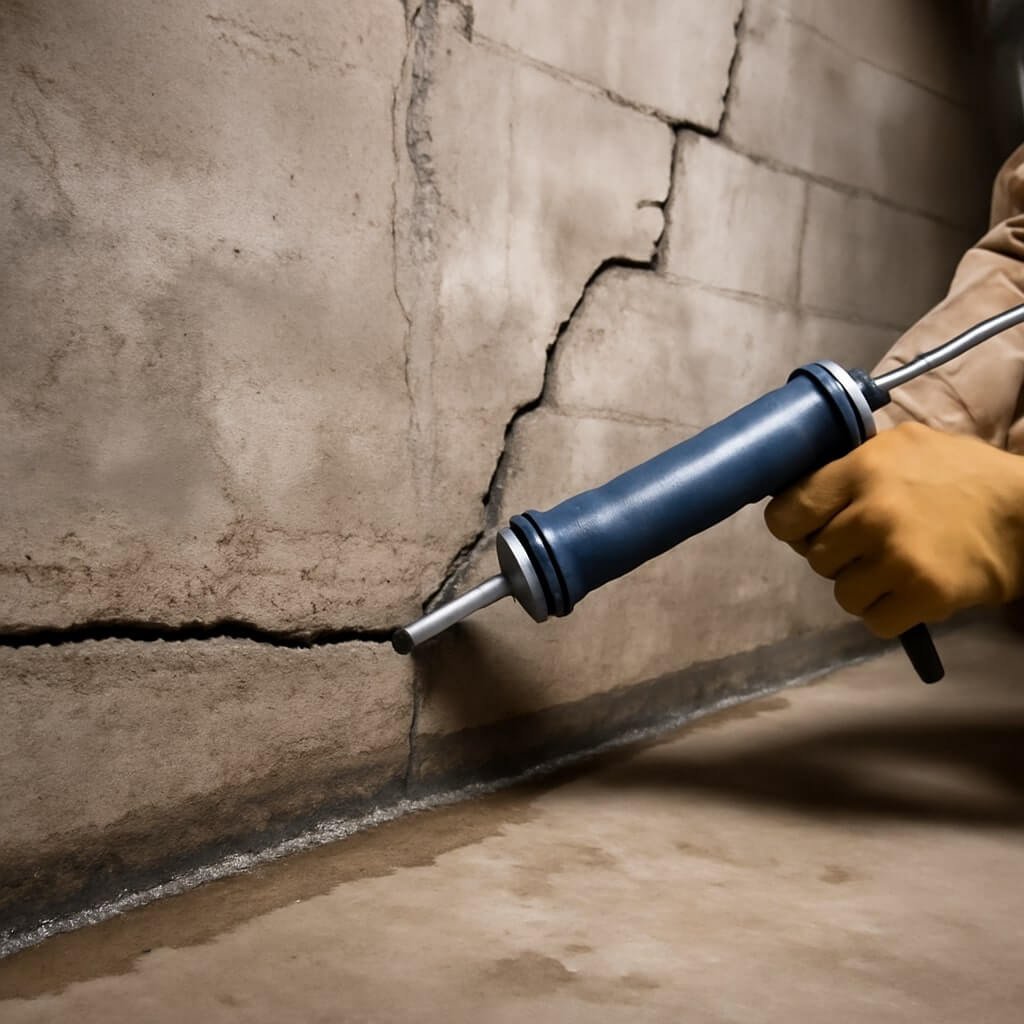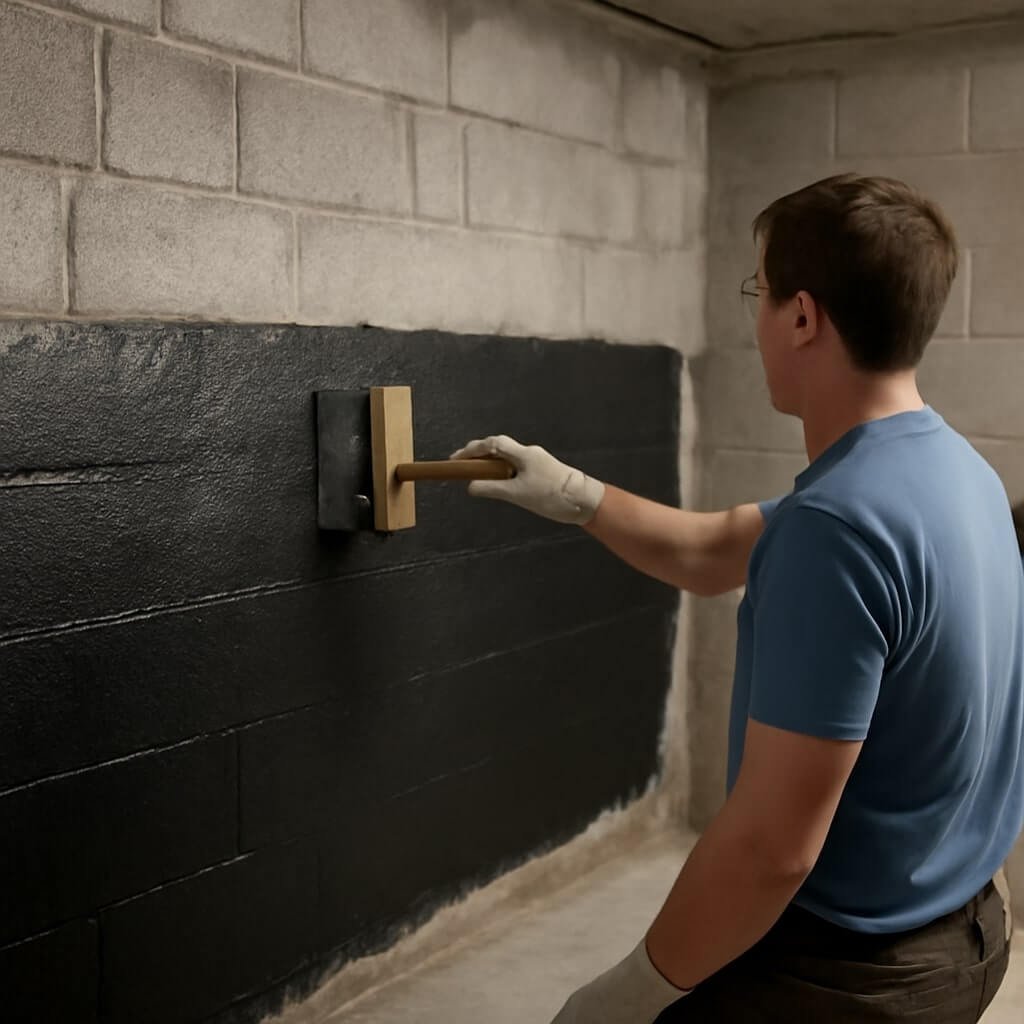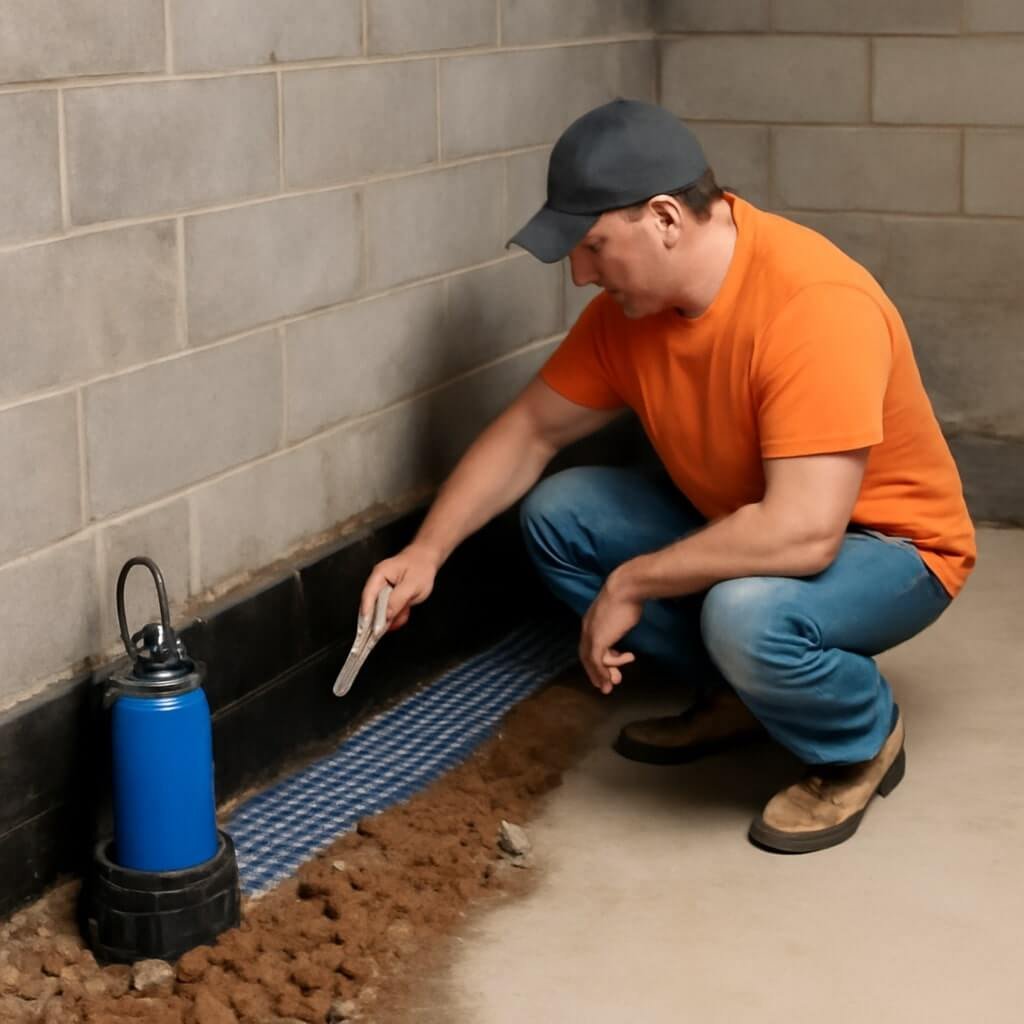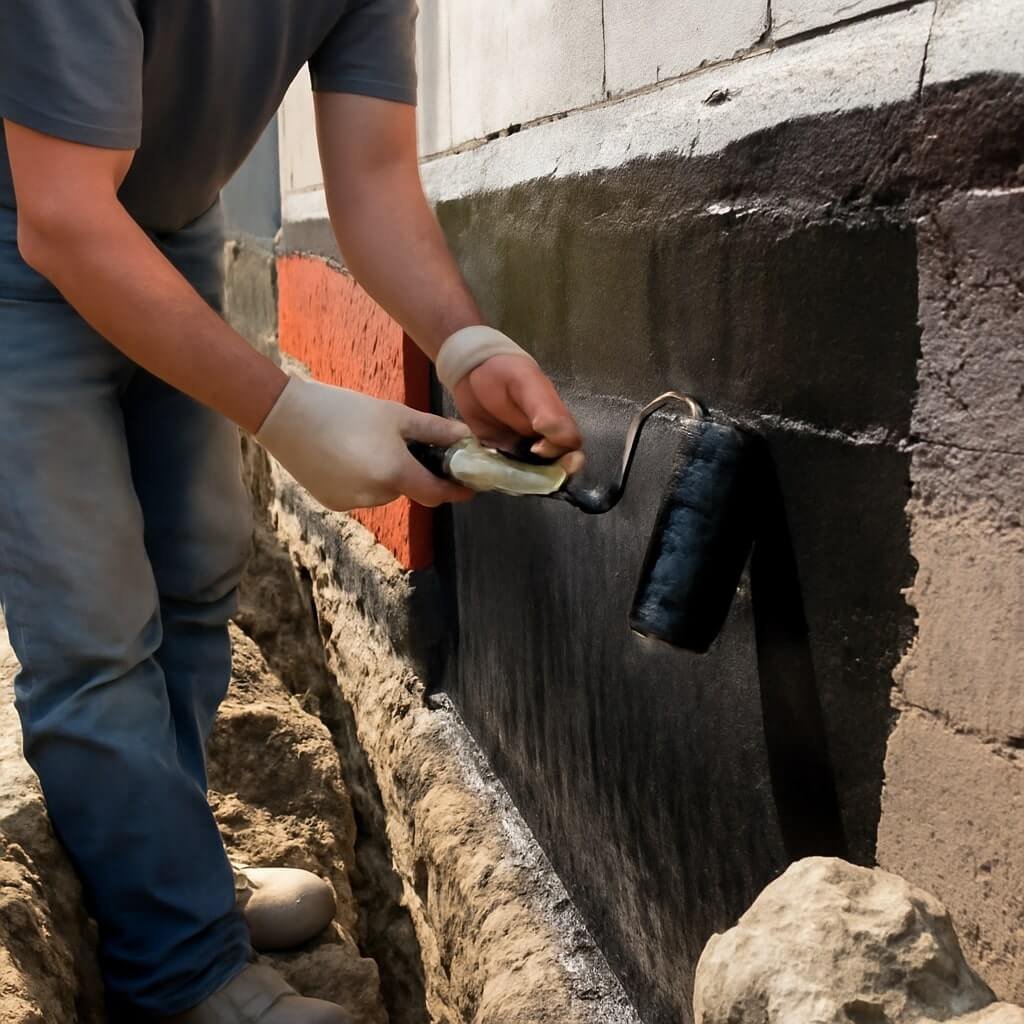Basement cracks can be more than just a cosmetic issue—they often signal deeper problems that threaten the structural integrity of your home. That’s why basement crack repair and waterproofing services are crucial for every homeowner looking to protect their investment. From identifying the types of cracks to choosing the right repair method and waterproofing system, understanding these essential insights can save you time, money, and stress.
Understanding Basement Cracks: Causes and Types
Common Types of Basement Cracks
Basement cracks come in various forms, and recognizing the type of crack you’re dealing with is the first step toward proper repair. The most common types include:
- Hairline Cracks: Thin, superficial cracks that usually result from concrete shrinkage.
- Vertical Cracks: Typically caused by settlement and are often less serious.
- Horizontal Cracks: More concerning as they may indicate pressure from soil pushing against the basement walls.
- Stair-Step Cracks: Cracks that follow the mortar joints of block walls, often indicating foundation movement.
What Causes Basement Cracks?
Several factors can cause cracks in basement walls:
- Soil Movement: Expanding and contracting soils due to moisture changes can push against foundations.
- Poor Construction: Substandard materials or workmanship can result in weak basement walls.
- Water Pressure: Hydrostatic pressure from water build-up outside the basement can cause cracks.
- Temperature Fluctuations: Freeze-thaw cycles cause concrete to expand and contract.
The Importance of Basement Waterproofing
Why Waterproofing Matters
Water intrusion in basements is a common problem that can lead to mold growth, structural damage, and costly repairs. Waterproofing acts as a protective barrier, preventing water from entering your home and damaging your foundation.
Signs You Need Basement Waterproofing
Look out for these warning signs:
- Damp or musty smells in the basement
- Water stains or discoloration on walls or floors
- Efflorescence (white, powdery residue) on walls
- Visible mold or mildew
- Puddles or standing water after rain
DIY vs Professional Basement Crack Repair
Pros and Cons of DIY Repair
DIY repairs might seem appealing due to lower upfront costs, but they often provide only temporary fixes. Common DIY methods include using epoxy kits or hydraulic cement, which work well for small hairline cracks but fall short for severe damage.
When to Hire a Professional
If cracks are large, horizontal, or accompanied by water intrusion, hiring a professional is crucial. Experts can accurately diagnose the problem and provide lasting solutions tailored to your home’s needs.
Step-by-Step Guide to Basement Crack Repair
Assessing the Crack Severity
Before any repair, evaluate cracks for width, length, and pattern. Cracks wider than 1/4 inch or those that are actively leaking require immediate attention.
Repair Techniques for Different Crack Types
- Hairline Cracks: Use waterproof epoxy injections or sealants.
- Vertical Cracks: Can often be filled with polyurethane foam injections.
- Horizontal and Stair-Step Cracks: Require structural reinforcement, such as carbon fiber straps or wall anchors.
Waterproofing Techniques for Basements
Interior Waterproofing Methods
These methods involve applying sealants or membranes on the inside walls to prevent moisture seepage. Common techniques include:
- Applying waterproof paints or coatings
- Installing interior drainage systems like French drains
Exterior Waterproofing Methods
Exterior waterproofing is more comprehensive and involves:
- Excavating around the foundation
- Applying waterproof membranes or coatings
- Installing exterior drainage systems to divert water away
Materials Used in Crack Repair and Waterproofing
Epoxy and Polyurethane Injections
These materials are popular for filling and sealing cracks due to their strong adhesion and flexibility.
Waterproof Membranes and Sealants
Membranes, often made from rubberized asphalt or PVC, provide a durable waterproof barrier.
Cost Factors for Basement Crack Repair and Waterproofing
What Influences Cost?
Factors include:
- Crack size and severity
- Type of repair and waterproofing method
- Labor and materials
- Accessibility of the basement area
Average Pricing Estimates
Minor repairs and DIY fixes can range from $300 to $1,000, while professional services for major repairs and waterproofing may cost between $3,000 and $10,000 or more.
Preventive Measures to Protect Your Basement
Proper Drainage and Landscaping
Ensure gutters and downspouts direct water away from your foundation. Landscaping should slope away from the house.
Regular Inspection and Maintenance
Schedule annual inspections to catch cracks and moisture issues early.
Risks of Ignoring Basement Cracks and Water Issues
Structural Damage
Over time, water infiltration and shifting foundations can compromise your home’s safety.
Mold and Health Concerns
Moist environments encourage mold growth, posing respiratory risks.
Choosing the Right Contractor for Basement Repair
Questions to Ask Before Hiring
- Are you licensed and insured?
- Can you provide references?
- What warranty do you offer on your work?
Verifying Credentials and Reviews
Check online reviews, Better Business Bureau ratings, and verify certifications.
Latest Innovations in Basement Waterproofing and Repair
Advanced Injection Materials
New materials offer stronger, longer-lasting repairs with flexible bonding.
Smart Monitoring Systems
Sensors now help monitor moisture levels and foundation movement in real-time.
Environmental Impact and Sustainable Practices
Eco-Friendly Waterproofing Products
Look for low-VOC sealants and biodegradable materials.
Water Conservation Tips
Implement rainwater harvesting and smart irrigation to reduce excess water around your home.
FAQs About Basement Crack Repair and Waterproofing
How quickly should I repair a basement crack?
As soon as you notice it. Early repair prevents worsening damage.
Can basement cracks be completely waterproofed?
While waterproofing reduces moisture significantly, no solution guarantees 100% dryness due to external factors.
Are all basement cracks dangerous?
No. Hairline cracks are usually harmless, but horizontal or widening cracks need professional evaluation.
How long does basement waterproofing last?
Most waterproofing systems last 10-30 years, depending on materials and installation quality.
Does basement waterproofing increase home value?
Yes, it improves structural integrity and appeal to buyers.
Can I do waterproofing myself?
Minor sealing can be DIY, but professional help is advised for comprehensive waterproofing.
Conclusion: Protecting Your Home with Expert Care
Basement crack repair and waterproofing are critical for maintaining your home’s safety, comfort, and value. By understanding the types and causes of cracks, choosing the right repair method, and implementing effective waterproofing techniques, you can prevent costly damage and enjoy peace of mind. Always consider consulting professionals for serious issues and keep up with preventive maintenance to safeguard your basement for years to come.




